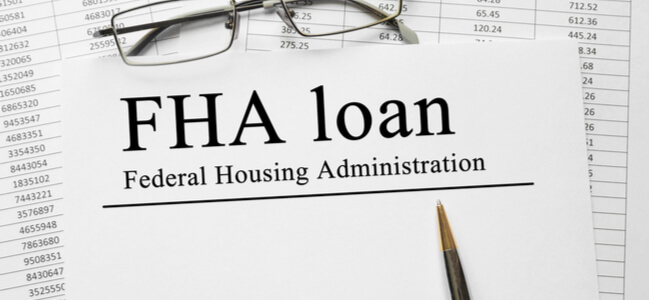What Are The 5 Different Types of Mortgage?

Buying a property is more than just finding your dream home, it is a financial commitment. Securing a mortgage and the right lender is one of the most important aspects of the process. Besides meeting the documentation and credit requirements, it is crucial to explore the best repayment and term options.
This article will delve into the different types of mortgage loans.
Conventional Mortgages
The most common types of home loans people take out are known as either conforming and non-conforming mortgages.
Conforming loans comply with the norms of Fannie Mae or Freddie Mac, which back most of the mortgages in the US. Non-conforming agreements are the ones that do not conform to their norms but are considered nothing too out of the ordinary.
It is important to note that with conventional mortgages, when you make a down payment of less than 20% of the purchase price of the house, you have to pay for private mortgage insurance (PMI).
Pros
- Available for either primary or second homes or even investment property.
- You may be able to secure a mortgage even at a 3% down payment.
- You can cancel PMI when you gain 20% equity in the house.
Cons
- Your debt-to-income ratio should be between 45%-50%to get approval.
- You are likely to need a minimum FICO score of 620 or above.
- Must provide extensive documentation to prove your eligibility.
Jumbo Mortgages
These are non-conforming conventional loans, where the property value exceeds federal loan limits. According to the Federal Housing Finance Agency, the maximum conforming loan limit in 2018 was $453,100 for single-family homes. In certain upscale areas, the limit was $679,650.
These loans are popular for homes in upscale areas, and borrowers need comprehensive documentation to prove their eligibility.
Pros
- Interest rates are competitive compared to other conventional loans.
- Allows you to buy your dream property in a good area.
Cons
- You will need a FICO score of 700 or above. Some lenders also accept a minimum score of 660.
- The minimum down payment must be at least 10-20 percent of the property value.
- Your debt-to-income ratio must be less than 45 percent.
Fixed-Rate Mortgages
For many, these are considered the best types of mortgage loans, having the same interest rate throughout the life of the loan. Your monthly payment remains the same, which reduces any element of uncertainty in repayments. These loans usually have a term of between 15 and 30 years.
Pros
- The principal and interest payment amount remain constant throughout the repayment term.
- Helps with better budget planning.
- If federal interest rates go up, you may find yourself paying much less than other borrowers.
Cons
- Generally higher interest rates compared to adjustable-rate mortgages.
- If federal interest rates go down, you may find yourself paying much more than other borrowers.
- The time taken to build equity in your house is higher.
Adjustable-Rate Mortgages
These mortgages have fluctuating interest rates and do not offer the stability of fixed-rate loans. The rates vary based on the market conditions but remain fixed for the first few years. The loan then shifts to a variable interest rate for the rest of the term.
When considering this option, it is important to know the maximum limit to which the interest can increase.
Pros
- Lower fixed rate for the first few years of the term.
- You could save a significant amount on interest payments.
Cons
- There is a risk of monthly payments becoming unaffordable, which increases loan default risk.
- Refinancing or selling the real estate can become tough if the property value declines.
Government-Insured Loans
Though the US government is not a lender, it does in certain circumstances help citizens become homeowners. Three government agencies back and insure home loans. These include the U.S. Department of Agriculture (USDA loans), Federal Housing Administration (FHA loans), and the U.S. Department of Veterans Affairs (VA loans).
Pros
- Credit requirements are lenient.
- Generally lower down payments.
- A good alternative when you do not qualify for a conventional loan.
- Available to both first-time and repeat buyers.
Cons
- The overall borrowing costs tend to be higher.
- You will need to provide extensive documentation to prove eligibility.
- You may need to pay mortgage insurance premiums that are non-cancelable with some loans.
Other Types
In addition to the types listed here, there are a number of other types of mortgages. For interest-only mortgages, you need to only repay the interest throughout the repayment term. This keeps the monthly payments lower, but you need to repay the total amount in full at the end of the term. With flexible Mortgages you can overpay or underpay each month, and can even afford to miss a few payments. The interest rates are higher because they cover the flexibility enabled with this loan type.
Conclusion
There are many types of mortgage loans available to homebuyers not just at banks but also online mortgages are available. Choosing the best option for you will depend on many factors like your credit situation, eligibility, and ability to repay. Make sure to consider various options and compare them before applying for a home loan.



